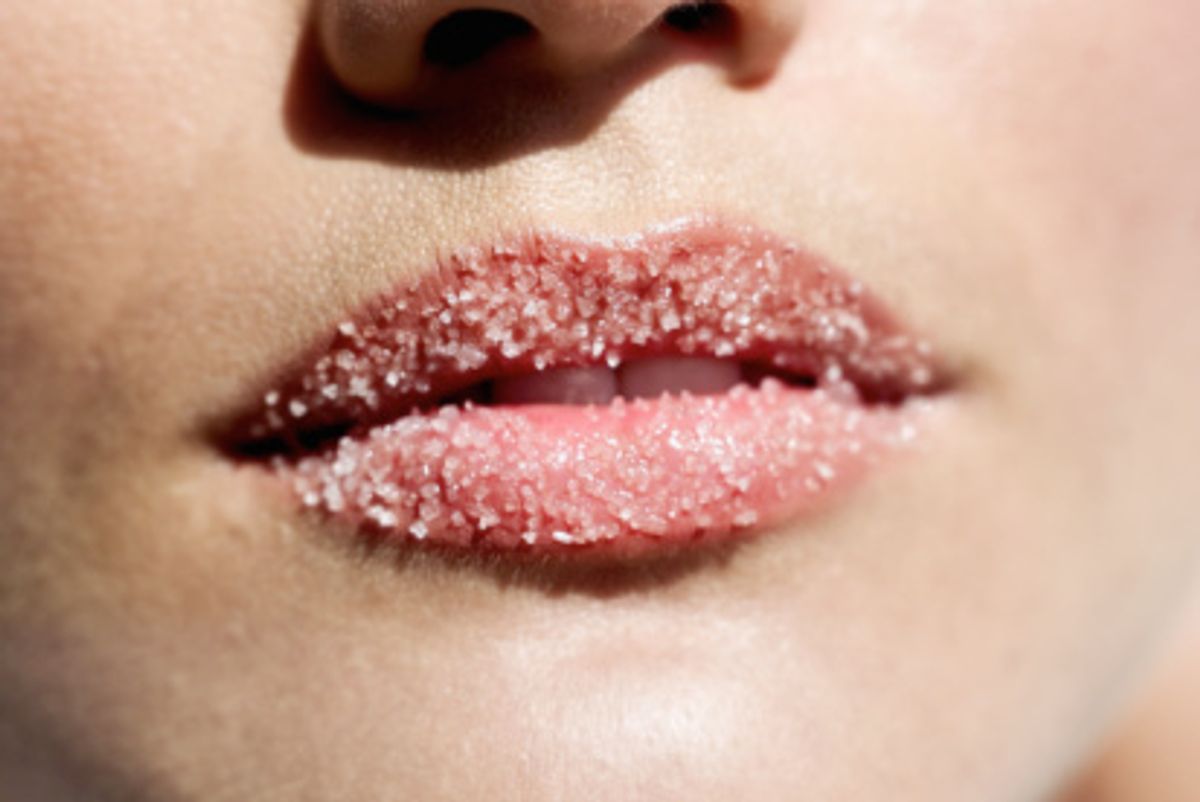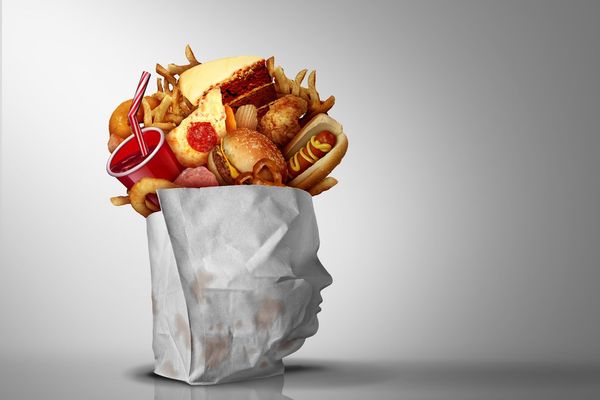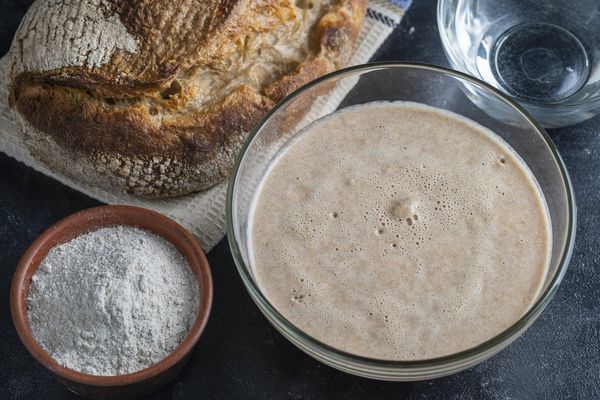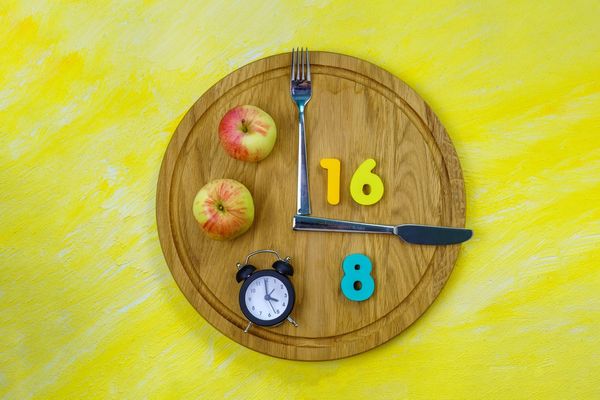If you read my blog regularly, you may know by now that if someone put something salty or sweet in front of me, I'd grab the sweet stuff. It's not just because I'm staying away from salt, since salt causes my blood pressure to soar. I have a big-time sweet tooth; always have.
But now I'm really going to approach sugar with the same caution I do salt. You too, may love the sweet stuff - but so do things like cancer cells.
When researchers at the University of California Los Angeles studied two sugars, glucose and fructose, they found a big difference in the way tumor cells reacted. And their findings may help explain why previous studies have linked an oft-times deadly cancer (pancreatic cancer) to fructose.
As reported in reuters.com, Dr. Anthony Heaney and his colleagues at UCLA's Jonsson Cancer Center wrote, "These findings show that cancer cells can readily metabolize fructose to increase proliferation." When the scientists grew pancreatic cancer cells in lab dishes, feeding them both glucose and fructose, they found that the metabolism of the two sugars were different. The cells used the fructose to proliferate.
It's too bad that Americans are consuming really large quantities of this sugar, usually in the form of high fructose corn syrup. It's cheap, easy to produce, and satiates the sweet tooth of lots of consumers. And it's making me crazy that so many manufacturers are claiming there is no difference between plain old table sugar and fructose, otherwise known as high fructose corn syrup, or HFCS.
What a complicated web it spins…
For years, it's been argued that sugars are partially to blame for the growing obesity epidemic (not to mention illnesses like diabetes, stroke and heart disease). In the April 5, 2010 issue of the Atlanta Journal Constitution, Michael Jacobson of the Center for Responsible Nutrition wrote that in the 1970s, teens drank about twice as much milk as soda but by the 1990s, that trend reversed and twice as much soda as milk was the norm. When Jacobson analyzed government data in 2005, the findings were startling and scary: teenage boys who drank soft drinks consumed an average of three 12-ounce cans per day and girls drank an average of two 12-ounce cans. That's a LOT of calories and a LOT of dangerous sugar.
Don't even get me started on the other things I've been reading about it, like the dangerous amounts of mercury HFCS contains. Nearly one in three of the 55 brand-name foods made with it contained mercury, found the Agriculture and Trade Policy (IATP), a non-profit watchdog group.
Where else is this sugar hidden? Not just in soda. I was surprised to learn that it is in many unsuspecting places, like breads, cereals, candy, lunch meats, soups, condiments - even "healthy" foods like some yogurts, low-calorie snacks and low-fat salad dressings.
This matters> Beware: check the labels. If you're scouting out this type of sugar, it's not enough to look for "high fructose corn syrup" in the ingredient list. Oh, no. It's disguised by other harmless-sounding names - among them, inulin, glucose-fructose syrup, iso glucose, chicory and fruit fructose.
You may also want to read:
Sugar – it's not heart-healthy
And to see what the sugar you're eating actually amounts to (you'll be shocked), click here

Scary Sugar Facts and Findings
I'm going to approach sugar with the same caution I do salt. You too, may love the sweet stuff - but so do things like cancer cells.
Aug 05, 2010
Jul 21, 2020
Nutrition & Movement





